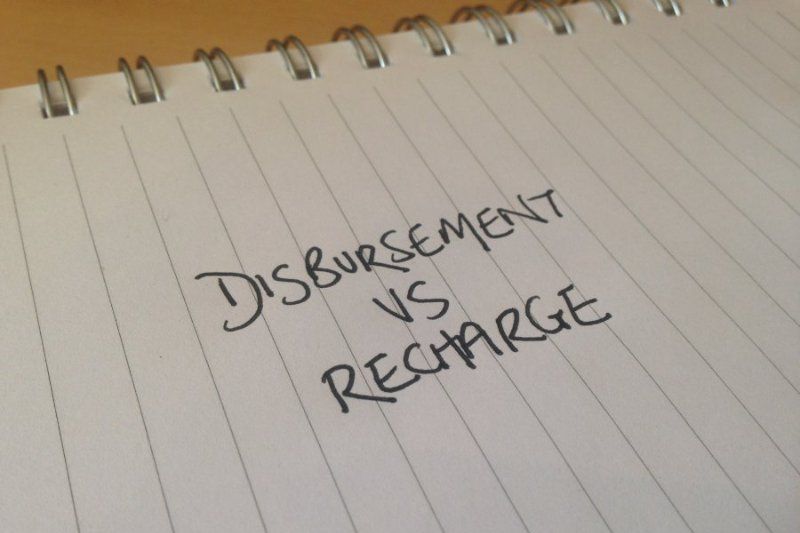Overview
When you make payments on behalf of your customers, for goods or services received and used by them, you might be able to treat these payments as ‘disbursements’ for VAT purposes. This means that you:
- don’t charge VAT on them when you invoice your customer
- can’t claim back any VAT on them
As a business there will be situations where costs are incurred on behalf of providing your service to your customer. These costs will ultimately be charged back to the customer as they were incurred on their behalf. This article will discuss the treatment of costs incurred by your business on behalf of a customer.
In summary payments made on behalf of customers by a business for goods or services received and used by the customer might meet the criteria to be treated as 'disbursements’ for VAT purposes.
By meeting the disbursements classification, the business does not charge VAT on the invoice when recharging the costs to the customer and VAT can't be claimed back on those costs classified as disbursements.
Disbursements: costs to exclude from VAT calculations
A disbursement is a payment that your business makes on behalf of your client. Such payments are outside the scope of VAT and whilst VAT cannot be claimed in respect of the expense, VAT is not charged when invoicing the client. This is because it is the customer and not your business that has ultimately bought and receives the goods or services; your business has simply acted as an agent for the customer.
The following criteria have to be met in order to justify the costs incurred on behalf of your customers as a disbursement:
- you paid the supplier on your customer’s behalf and acted as the agent of your customer
- your customer received, used or had the benefit of the goods or services you paid for on their behalf
- It was your customer’s responsibility to pay for the goods or services, not yours
- you had permission from your customer to make the payment
- your customer knew that the goods or services were from another supplier, not from you
- you show the costs separately on your invoice
- you pass on the exact amount of each cost to
- your customer when you invoice them
- the goods and services you paid for are in addition to the cost of your own services
It’s usually only an advantage to treat a payment as a disbursement if the supplier didn’t charge VAT on it, or if your customer can reclaim the VAT.
What doesn't meet the definition of a disbursement?
Costs and expenses incurred such as travelling expenses and the costs of postage and package incurred by your business to provide the goods
or service to your customer cannot be categorised as disbursements. These costs are incidental costs and must be included in VAT calculations when invoicing back your customer. Other examples of incidental costs include travel expense and telephone bills incurred.
Topics
Archive
- 2024
- March 2024 (1)
- January 2024 (1)
- 2023
- December 2023 (2)
- November 2023 (2)
- September 2023 (2)
- August 2023 (1)
- July 2023 (3)
- June 2023 (3)
- May 2023 (2)
- April 2023 (1)
- March 2023 (4)
- February 2023 (2)


Comments for VAT: costs or disbursements passed to customers